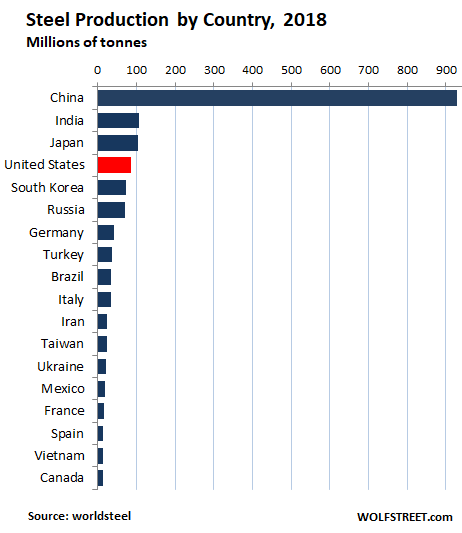There's stuff in the news about how the Chinese state's greatest fear is it's own people and internal dissent, and this the reason for the Hong Kong crackdown. I'm not defending China's actions, but if you look at the history of China over the last 400 years you see time and time again an internal rebellion leading to political turmoil, followed by invasion by an external power leading to humiliation or the capitulation of the state.
There's only been four regimes (if you include Chiang Kai-shek's nationalists) in China in the last 400 years with each ending due to internal rebellion followed by foreign invasion.
Ming Dynasty -> Peasant Rebellion -> Manchu invasion -> Qing Dynasty
Late Ming dynasty peasant rebellions 1628–1644, helped end the Ming Dynasty and replace it with the Qing as part of Manchu invasion (leading to the Han being ruled by Manchu's for 300 years). A lot of Ming military switched sides due to inept Ming leaders.. the Manchurian's didn't conquer China all by themselves.
Qing Dynasty -> opium wars with britain -> multiple rebellions -> Republic of China (nationalists)
Rebellions in the Qing dynasty, leading to its eventual collapse not to mention the opium wars & 100 years of humiliation with unequal trade deals being replaced with a republic.
Republic of China -> communist rebellion -> Japanese Invasion -> People's liberation Army (Mao) -> People's republic of China (1927-1949)
Now we have two western government ideologies fighting for supremacy (communism & republicanism). What may come as a surprise is that the Japanese inadvertently helped the communists win. Firstly by weakening the republic in the Sino-Japanese war and then when they surrendered in Manchuria to the Russians, as the Russians gave all the Japanese weaponry to Mao's forces.
Here's a bit more info on the Opium wars and associated rebellions:
Destabilization begins with the first and second Opium wars with the British, which could be viewed as a "trade dispute". The Chinese only accepted payment for tea in silver (rejecting even offers of industrialisation, due to conservative confucianist mandarins). Forcing a country to buy opium against its will in order to correct a balance of trade deficit would be considered morally hazardous by today's standards.
As a counterpoint however, the British had offered to sell them equipment to industrialise the country which the conservative Mandarin administrators of China rejected demanding payment only in silver. These canny british entrepreneurs managed to do this by selling opium to the people for silver, and then using the silver to buy tea.
The Qing were smart enough to realise allowing their people to become addicted to opium was a bad idea and tried to confiscate it, leading to naval battles which the technologically backward Qing couldn't win. During the war they then continued the confucius mandarin tradition of bullshitting the guy above them (ultimately the Emperor) about how the war was going. This trend of administrators lying to save face with superiors is still alive and well in China, just look at Wuhan.
Taiping Rebellion: Qing vs religious fanatics (1850 – 1864)
Next the Taiping rebellion, triggered in some ways by western religious influence: the leader Hong Xiuquan claims to be the brother of Jesus..personality cult based on western literature.. sound familiar? He wanted to overthrow the corrupt Manchu Qing leadership which had lost a lot of face against the British and replace it with a Heavenly Kingdom.. I guess translations of the bible were more accessible than the teachings of Marx. If my government & its confucianist system had messed up so badly against the west, I'd probably be looking to shake things up with western virtues as well.
Boxer Rebellion: Qing & boxers vs Europeans & Japan (1899 - 1901)
Boxers can be seen as reactionaries against European influence, the right to allow Christian missionaries in and unequal trade treaties. They started out burning Churches as well as being anti-imperialist. The Qing decided to try use them against the Europeans but lost.Mao and the Great famine - neo-confucianism's lack of transparency & fake reporting upwards is its weak point
Just like I mentioned above, Chinese administrators kept up their tradition of misreporting things to save face with superiors. This lead to disastrous consequences with the great leap forward. The great leap forward had two main goals. Collectivise farming & increase industrial output copying the Soviet model. Farm collectivisation was disastrous leading to a fall in food production, however each Mandarin provided numbers to his superior showing better results than actually occurred. By the time this reporting got aggregated up to Mao it looked like China had a surplus of food, so Mao continued exporting it to get hard currency for industrialisation. This all lead to famine..
I don't know enough about modern China to know whether this is a problem presently. China appears to be in the ascendence.


